When we explored the state of the Low-Income Housing Tax Credit in our Under the Lens series last year, many sources in the field talked about reforming it. But others argue that we need to change the tax credit model of financing housing more deeply—or move away from it entirely.
Join scholars and organizers to discuss what the possibilities could be, and weigh in on what a way forward that truly meets affordable housing financing needs would look like. The discussion will be moderated by Miriam Axel-Lute, Shelterforce’s CEO and editor-in-chief, and will feature:
—Amee Chew, senior research analyst at the Center for Popular Democracy. Chew authored the report, “Social Housing for All: A Vision for Thriving Communities, Renter Power, and Racial Justice,” co-produced by the Center for Popular Democracy and Renters Rising. For over a decade, she has worked with movement organizations in communities of color, whether as a collaborative researcher, popular educator, or organizer of immigrant workers and tenants.
—Alan Mallach, senior fellow at the Center for Community Progress. As a city planner, advocate and writer, Mallach is nationally known for his work on housing, economic development, and urban revitalization. He is a former director of housing & economic development in Trenton, New Jersey, and currently teaches in the graduate city planning program at Pratt Institute in New York City. He is the author of several books, including The Divided City: Poverty and Prosperity in Urban America (2018).
—Oksana Mironova, housing policy analyst with the Community Service Society, where she researches and advocates for housing policies that benefit low-income New Yorkers and works in coalition with grassroots organizations. Her research focuses on publicly subsidized, privately owned housing and current issues impacting low-income New Yorkers, including displacement, evictions, and homelessness.

